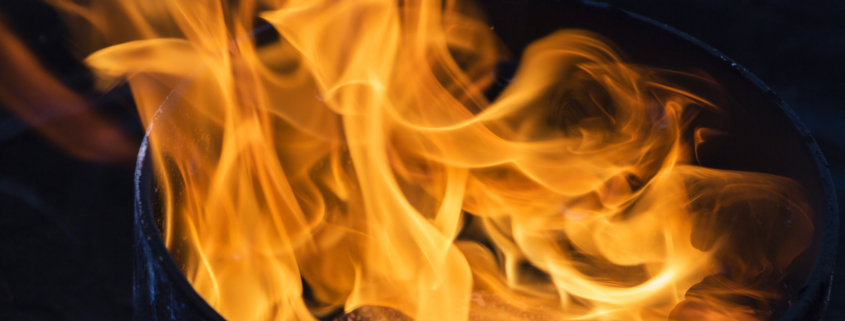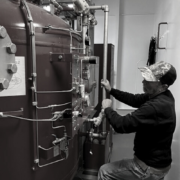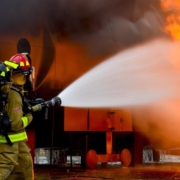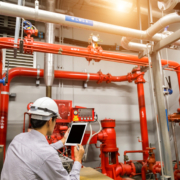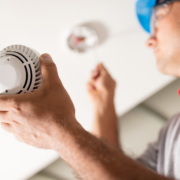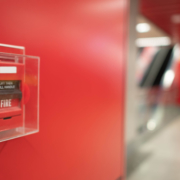What to do in case of an Oil Fire (If you have time to Google what do I do in case of an oil fire you can clearly run and type at the same time very well– More power to ya!)
It’s fire season.
There are standard fire precautions that are taught since middle school. Unfortunately, “Stop, drop, and roll” isn’t enough to do if there’s an oil fire.
What is an oil fire?
There are different classifications of fires. UCLA Health lists an oil fire as “Class B.” This includes, “Flammable liquids such as alcohol, ether, oil, gasoline, and grease, which are best extinguished by smothering.”
An oil fire often starts in commercial kitchens, areas where spontaneous combustion can occur, or areas where hot work is done.
VFS specializes in Kitchen Hood Suppression Systems. Kitchen systems are essential to the safety of a commercial kitchen and the people that work within it. These systems release wet chemical extinguishing agents designed to put out the unique components of cooking fires.
As soon as the system is activated the gas line to the appliance will immediately be cut off depriving the fire of fuel and the chemical agents will be released covering the flames and depriving them of oxygen. It is much less expensive to invest in a commercial kitchen suppression system than it is to repair structural damage after a fire occurs.
What to Do
DON’T USE WATER. I REPEAT, DO NOT AT ANY COST USE WATER.
This can cause the flames to grow even faster. The goal is fire suppression — so try and smother the flames with a towel or fire blanket if it is safe to do so. Another option that will work is fire extinguishers. Having these tools (especially fire extinguishers) accessible throughout your commercial building is key to fire safety and fire protection.
If the fire is not smothered successfully, RUN!
Seriously, this could grow fast and is a danger to all your employees. There are ways to prepare for this so that the worst outcome doesn’t happen.
Preventatives
If your commercial building doesn’t have a hot work permit, you’re at a greater risk. A hot work permit guarantees that safety measures have been addressed and implemented throughout your commercial building. This means that your building and employees are prepared in case of an emergency.
As mentioned above, having fire extinguishers or fire towels around commercial kitchens and hot work zones is important.
Learn how to Suppress Fires, not Feelings here! —


